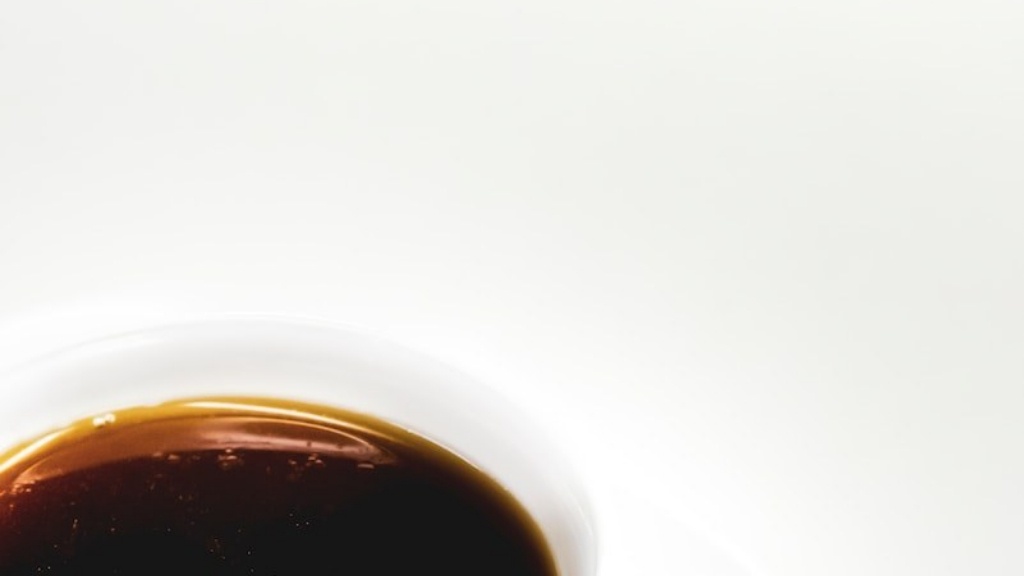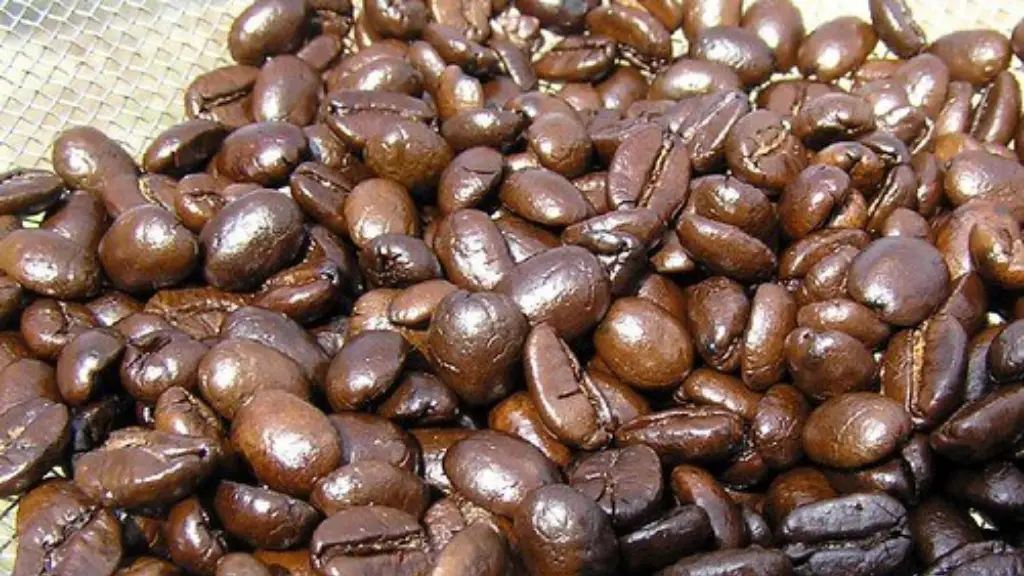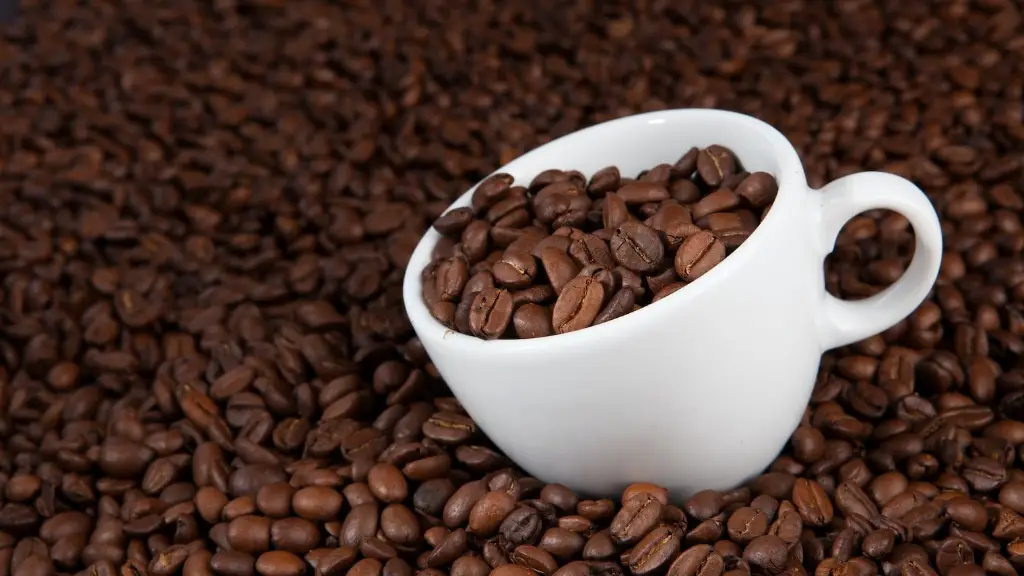Can I Drink Coffee During My Period?
A large part of the population turns to coffee for energy boosts and mental alertness when studying, working or exercising. But should this habit be prolonged during a woman’s period? What are the effects of drinking coffee during a menstrual cycle?
Caffeine administered in tolerable doses has long been considered beneficial for the physical and mental wellbeing of adults. Nevertheless, its benefits might come at a price when consumed during a woman’s menstruation. Studies have found that caffeine belonging to the same family as dietary stimulants such as the xanthines increases the risk of cramping especially when combined with pain relievers.
When trying to assess whether it is safe to drink coffee during a menstrual cycle, the magnitude and spread of caffeine consumption across different cultures must be taken into consideration. Research has showed that there are wide differences in consumption patterns depending on the individual’s origin. Therefore, potential side-effects might vary in intensity and manifest differently.
More importantly, physiological differences between sexes might react differently to the stimulant’s effect. A menstrual cycle is composed of two different phases, the follicular and the luteal one. Menstrual fluid is made up of a mix of blood and mucus from the uterine lining which is formed and then lost during the luteal phase – the last half of the cycle. A study conducted by the National Institutes of Health concluded that coffee consumption had a minimal effect on the secretion of this fluid. These results might serve as a guideline to help determine whether coffee consumption is safe during a particular period.
The effects of coffee on the menstrual cycle could be complicated by its combination with other substances. Particularly when combined with other medications such as pain relievers, its stimulating properties might substantially increase the risk of cramping. Studies have found that the stimulating effects of coffee when combined with pain opioids could lead to an increased sensation of pain and could be implicated in the development of more serious conditions.
Overall, consensus among researchers and professionals suggest that women should ideally reduce the amount or altogether avoid caffeine during a menstrual cycle. The American College of Obstetrics and Gynecology recommends that women abstain from the consumption of coffee, tea and other dietary stimulants during luteal phase in order to reduce the risk of discomfort. But at the same time, drinking coffee should not be avoided entirely since it might actually have other beneficial effects such as helping the body get rid of endometriosis.
Does Caffeine Make Menstrual Discomfort Worse?
Most women experience some form of pre-menstrual discomfort or discomfort during their period. A 2017 study showed that caffeine can make these symptoms worse. The research measured the relationship between caffeine intake and PMS symptoms, using surveys that asked for daily reports on the intensity of menstrual pain. The study found that women who consumed caffeine regularly reported having more severe menstrual pain than those who didn’t.
It is likely that caffeine can affect the body’s hormones, like progesterone, which in turn can impact menstrual discomfort. This is concerning because caffeine is a common part of most people’s diets. Not only is it found in coffee, but it is also in various types of tea, and some sodas, energy drinks, chocolate, and even food and drink products like ice cream and yogurt.
The study concluded that the impact of caffeine is painful and should be taken into consideration when trying to alleviate menstrual pain. Ridding the diet of caffeine during the luteal phase of a woman’s cycle could be effective in significantly reducing pain. Staying away from caffeinated beverages, particularly during the luteal phase of the menstrual cycle, is the best way to reduce discomfort and suffering.
What is the Impact of Caffeine on Estrogen Levels?
Estrogen is a hormone associated with the development of female sexual characteristics. Normal estrogen levels also help to regulate a woman’s menstrual cycle, and it is believed that caffeine can affect the amount of estrogen circulating in the body. Research has suggested that high levels of caffeine intake during pregnancy can lead to reduced birth size and weight, as well as an increase in some birth defects.
A study on postmenopausal women showed that the risk of developing breast cancer decreased the more they drank caffeinated beverages. Specifically, women who drank more than 500 mg of caffeine per day (about five cups of coffee) had a lower risk of developing breast cancer than women who consumed less than that amount. Studies like this suggest that caffeine reduces the amount of estrogen produced by the body, since it is a known estrogen inhibitor. Thus, moderation and informed decision-making in regards to caffeine intake is essential in order to maintain healthy hormone levels, both during and after pregnancy.
Caffeine can also affect your menstrual cycle, since it impairs the body’s ability to absorb additional estrogen. Studies have found that women who consume more than 500 mg of caffeine per day have an increased risk of an irregular menstrual cycle and fertility issues. Additionally, the American College of Obstetricians and Gynecologists (ACOG) recommends that women avoid caffeine entirely during their menstrual cycle, as it can lead to heightened cramps and other symptoms of PMS.
How Else Can Caffeine Influence a Woman’s Health?
Caffeine also affects overall health and can be beneficial in certain contexts. Studies have found that coffee consumption is associated with a lower risk of stroke, depression, and dementia. Caffeine is also known to increase alertness and focus, making it a popular choice among professionals. In addition, coffee is loaded with antioxidants, which counteract some of the damaging effects of free radicals.
Caffeine can become addicting, however, and its abuse can lead to health problems such as nerve damage, increased heart rate, dehydration, and insomnia. Excessive consumption of caffeine also increases the body’s production of cortisol and epinephrine, increasing stress levels, and this can lead to higher levels of anxiety and depression. Therefore, caution should be taken when consuming caffeinated beverages and moderation should be practiced to prevent negative health outcomes.
Managing High Caffeine Consumption
Excessive caffeine consumption is typically worsened by stress, and could lead to serious health issues if gone unnoticed. Women should pay attention to their caffeine intake, keeping track of how many cups of coffee they consume in a day and monitoring symptoms like headaches, insomnia, and stomach discomfort.
If high caffeine consumption is a problem, individuals can begin to reduce their intake gradually. Many people find that simply reducing the amount of coffee they have each day is enough to make a difference. It is also important to make sure that other sources of caffeine are accounted for, such as soda and energy drinks. Those who struggle with coffee addiction should also consider trying caffeine-free alternatives, such as tea and herbal beverages.
In conclusion, moderation and informed decision-making are essential for women’s health when it comes to caffeine consumption. While limiting caffeine intake during the luteal phase of a woman’s period is recommended, coffee should not be avoided entirely since it can be beneficial in other contexts. Therefore, it is important to become aware of caffeine’s effects on the body and to make an informed decision about how much to consume.
What Other Dietary Changes Can Reduce Menstrual Discomfort?
Besides reducing caffeine consumption, there are other dietary changes that can help reduce menstrual pain and discomfort. To start, staying hydrated is important as it helps keep the body regular and flush toxins. Additionally, consuming iron-rich foods and some supplements can help with iron deficiency, while eating foods high in calcium, magnesium, and vitamin B6 can support the nervous system and reduce cramping.
Getting enough protein, such as beans, nuts and whole grains has been found to reduce fatigue and enhance mood, while foods that are high in healthy fats such as nuts, avocado, and olive oil can help with inflammation. Eating fermented foods such as kimchi, sauerkraut, and yogurt can improve digestion, reduce inflammation and support healthy bacteria in the gut. Additionally, foods that contain phytoestrogen such as soy, hummus, and nuts can help support hormone balance and lessen PMS symptoms.
Finally, avoiding processed foods and refined carbohydrates can help reduce inflammation and relieve menstrual pain. Refined carbohydrates can be found in white bread, pasta, and processed snacks, and they can cause a spike in blood sugar which can lead to fatigue and increased pain.
What Foods Should I Avoid During My Period?
Some foods and drinks that can worsen menstrual pain and should be avoided include processed meats, sugary snacks and soda, and alcohol. Processed meats contain high levels of preservatives and additives, which can increase inflammation in the body and worsen menstrual cramps. Sugary snacks and soda contain added sugar and caffeine, which can dehydrate the body and worsen fatigue. Alcohol has a depressant effect and can also cause dehydration, so it should be avoided during a woman’s period.
Spicy and acidic foods can also aggravate acute menstrual pain and trigger cramping, so it’s best to limit their intake during a period. For example, tomatoes, chili peppers, and citrus fruits are acidic and can irritate the digestive system, worsening existing abdominal pains. It is also recommended to limit or avoid caffeine during a period because of its potential dehydrating and irritating effects.
Consuming certain foods can be beneficial in relieving menstrual pain, however these should be balanced with other considerations. For instance, dairy has been known to help reduce inflammation, however, it may worsen some PMS symptoms. Women should also be aware of their individual sensitivities and adjust their diets accordingly.
What Foods are Good for Periods?
Good foods to include in the diet during a period include fish, leafy greens, legumes, nuts and seeds, and whole grains. Omega-3 fatty acids found in fish like salmon, herring, and tuna can help reduce inflammation and support hormone balance. Leafy greens such as kale, spinach, and Swiss chard contain vitamins and minerals that can help regulate hormone production and reduce cramps.
Legumes such as kidney beans, black beans, and chickpeas are high in fiber and can help reduce bloating and constipation. Nuts and seeds like almonds, walnuts, sunflower, and flaxseed are high in healthy fats, proteins, and minerals that can help reduce inflammation, regulate hormones, and ease PMS symptoms.
Whole grains are a great source of complex carbohydrates which can help regulate blood sugar levels and reduce fatigue. Examples of whole grains include oatmeal, quinoa, and couscous which are all easy to prepare and can help energize the body. Eating these types of foods regularly can help manage PMS symptoms and reduce menstrual pain and discomfort.





